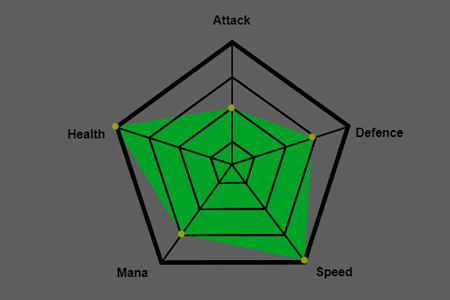In Part I, I listed all the reasons you should study miniature games. Today, for Part II, I explain how to do it. Specifically, I describe the process I've developed. I started doing this as a kid and then tweaked it as I got older. No one taught me this; I just figured it made a lot of sense, and the results were excellent.
A fair warning: this process takes work. It's not hard to get started, but the process has no hand-holding: it's you, a chess board and a lot of thought. If you do it, though, I guarantee you will get results.
And if it seems intimidating, then check out my new free course on miniature games. I walk through 12 of my games and describe the thought process, the common mistakes, the thematic maneuvers ... basically, everything worth extracting. I tried to make it as fun as possible, and with any luck, you will finish it and be itching to go analyze games yourself.
It's also free. Free is good. Check it out, but in the meantime, let's dive in.
.png)




